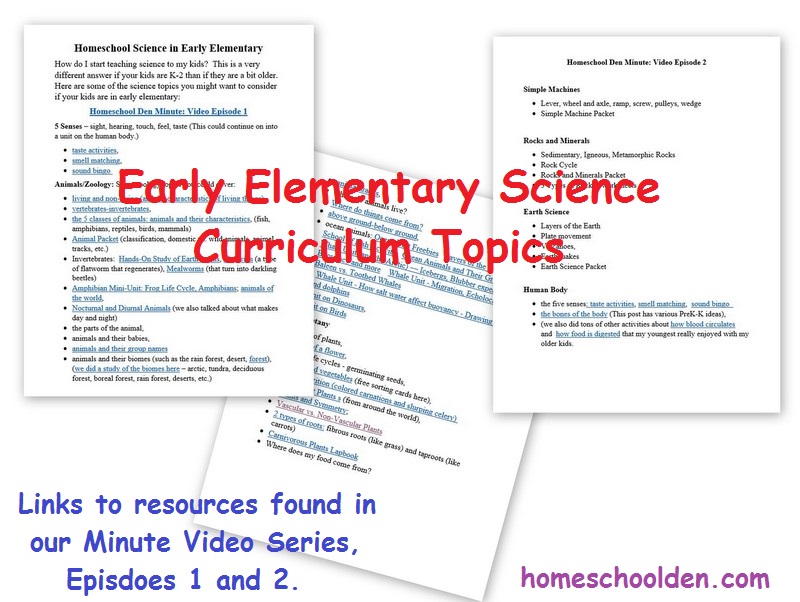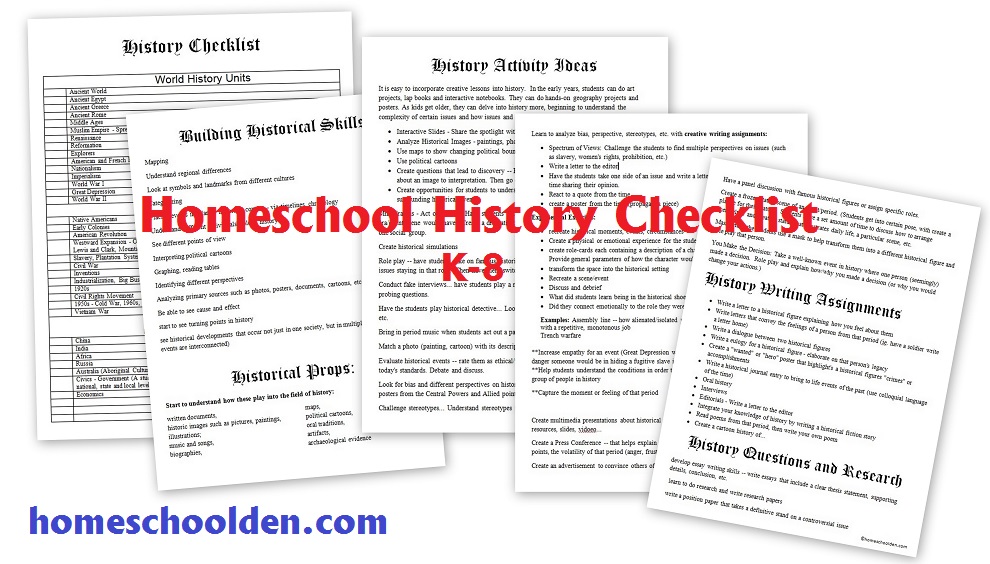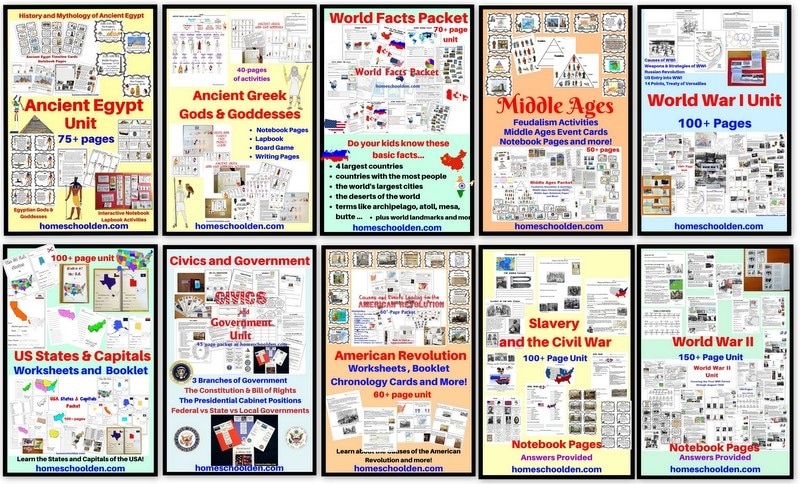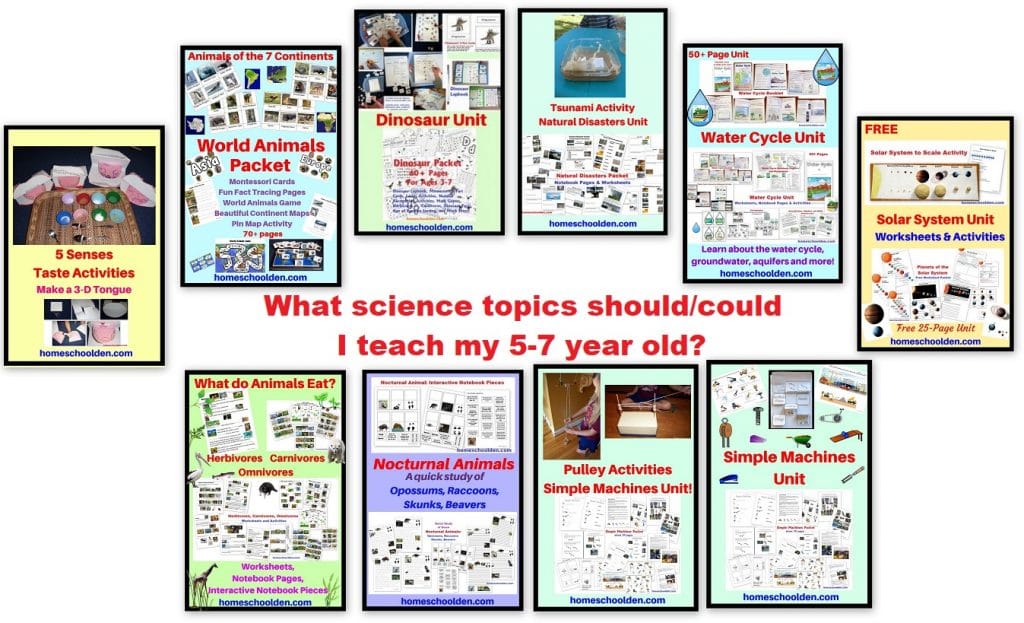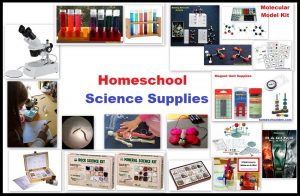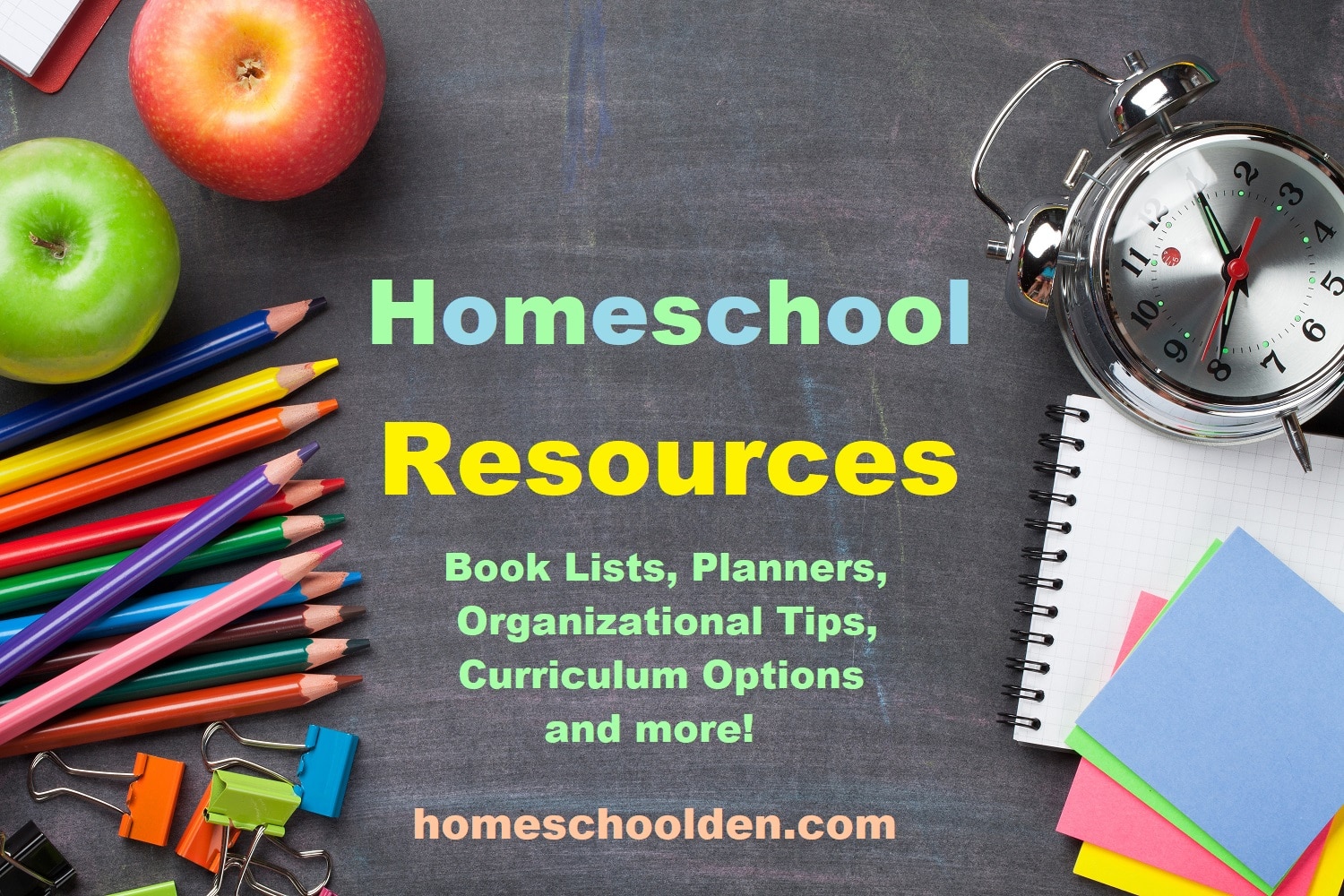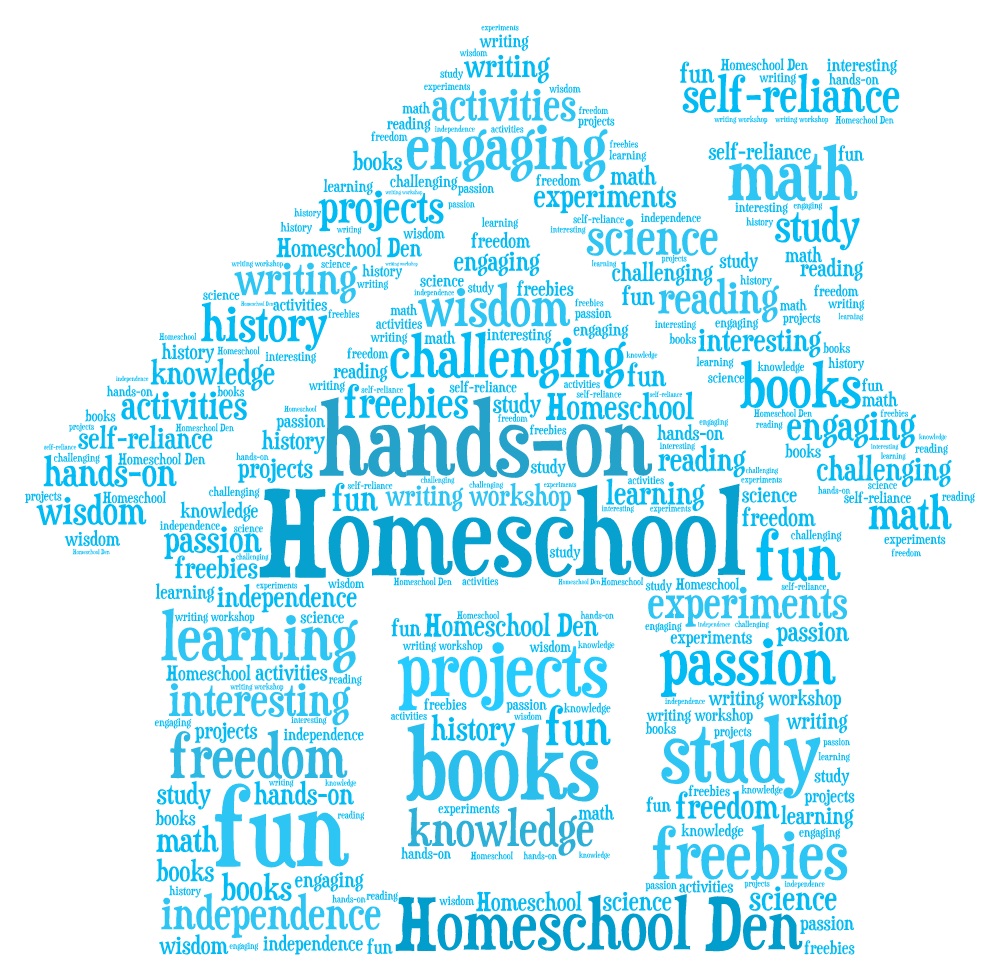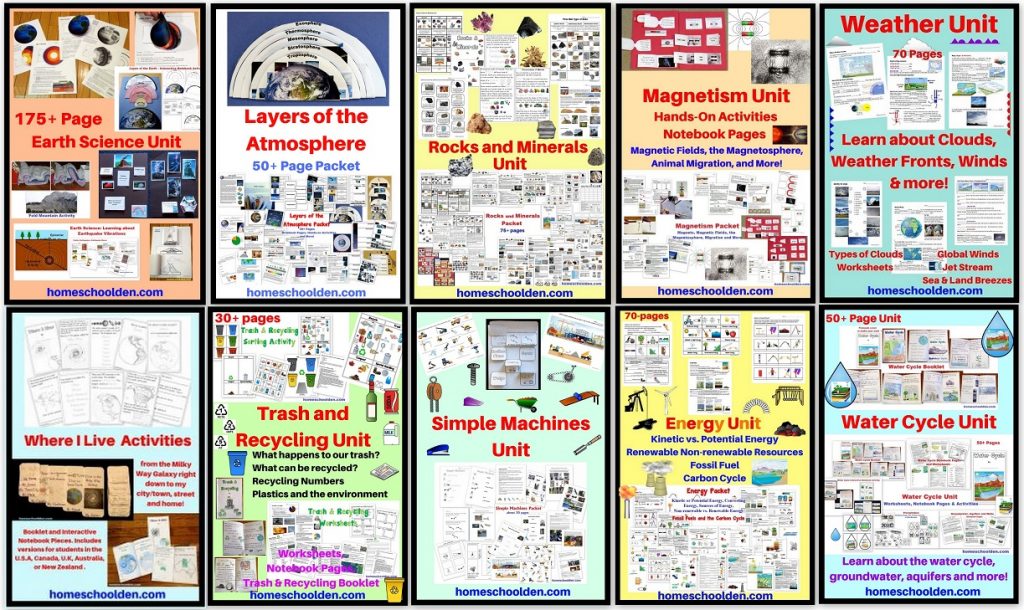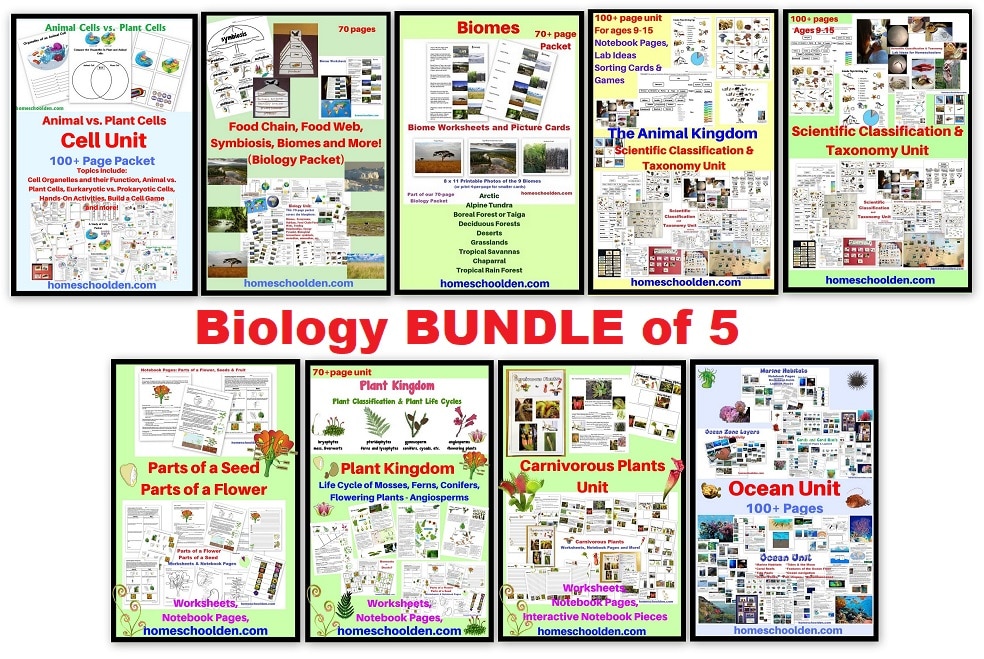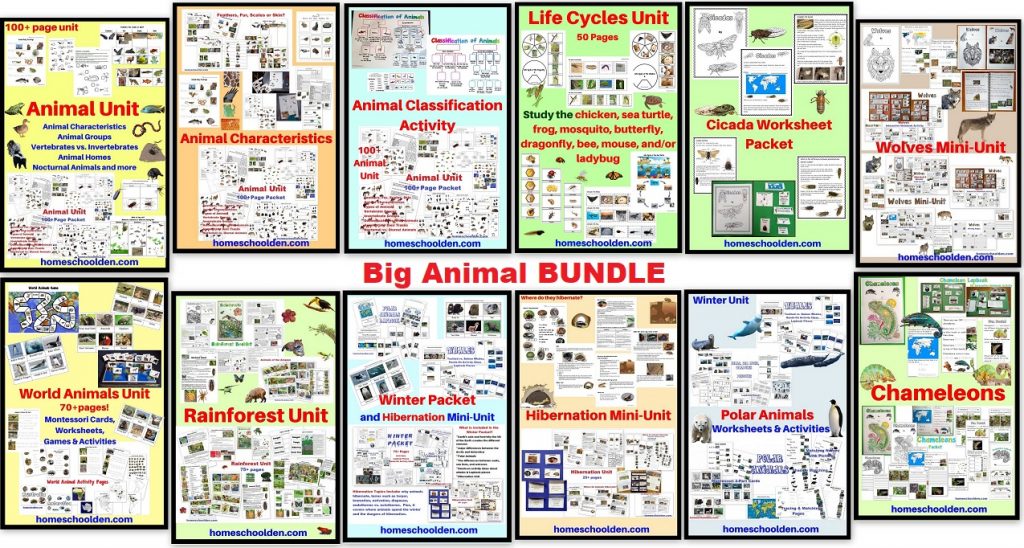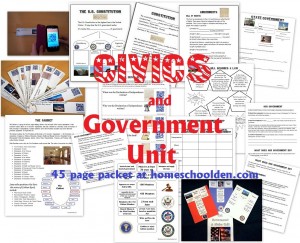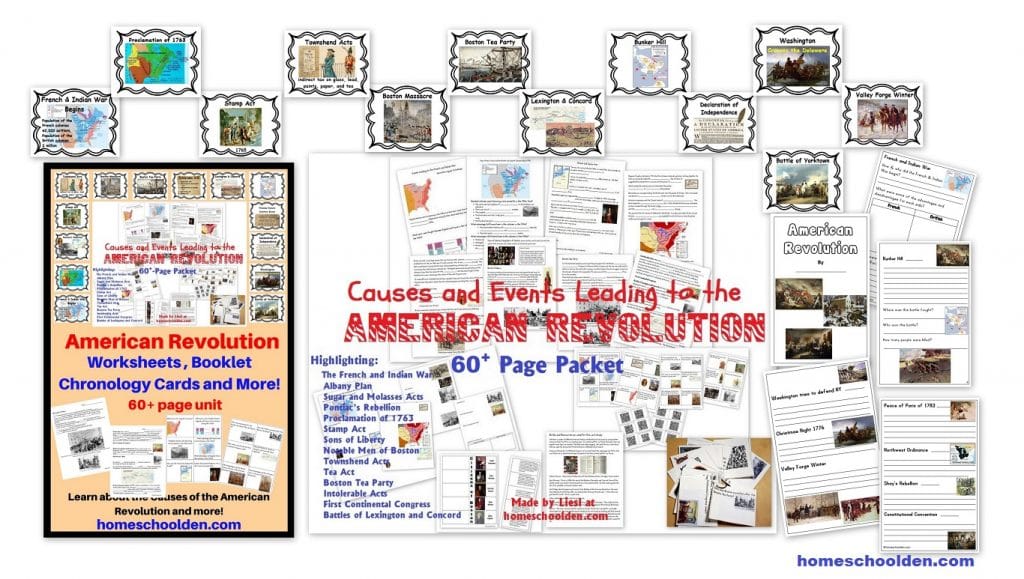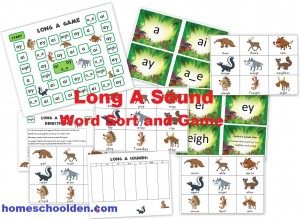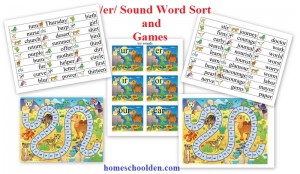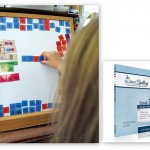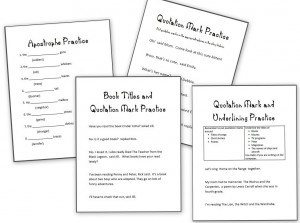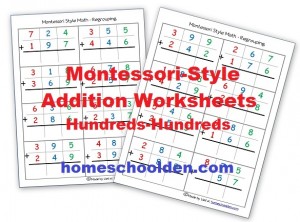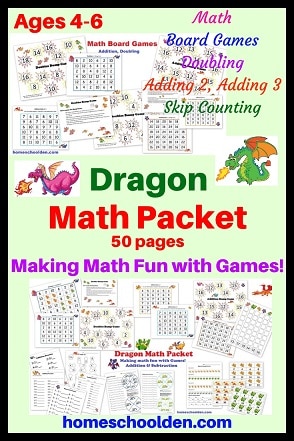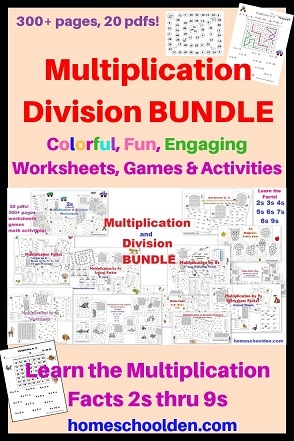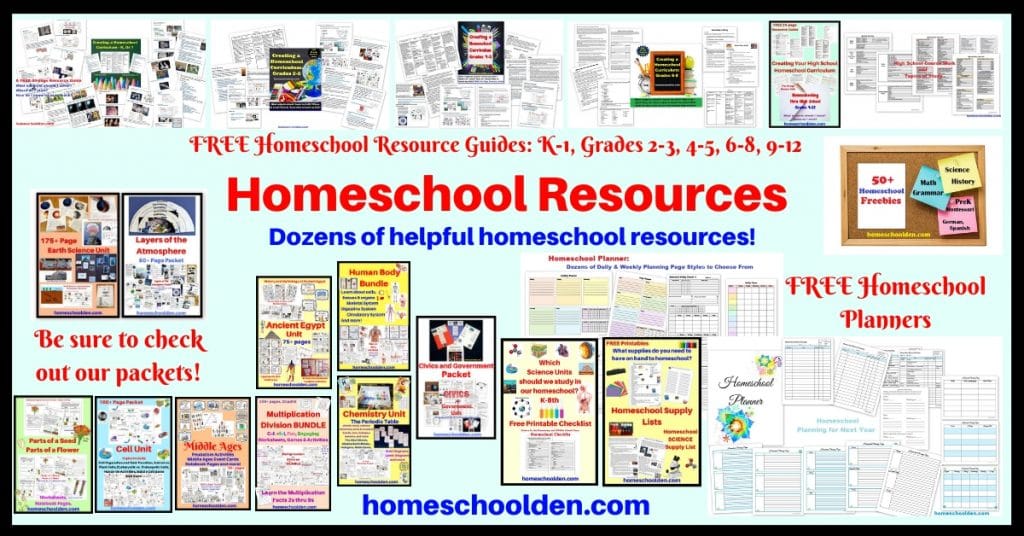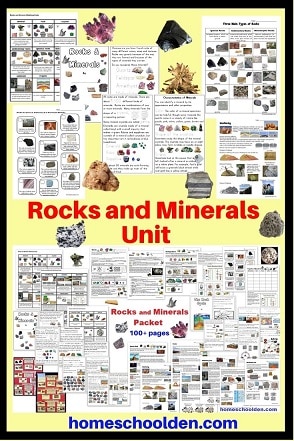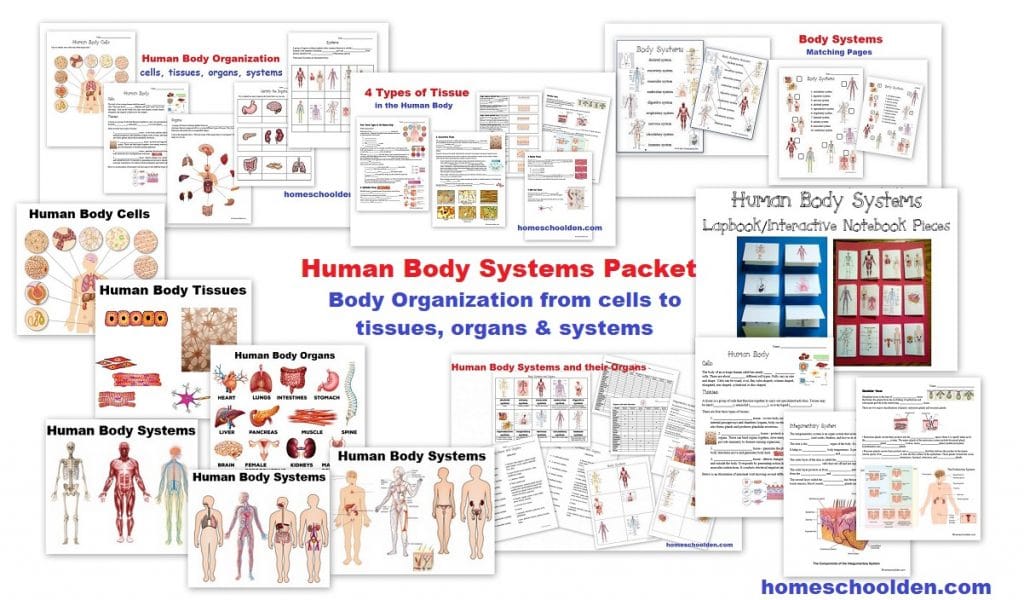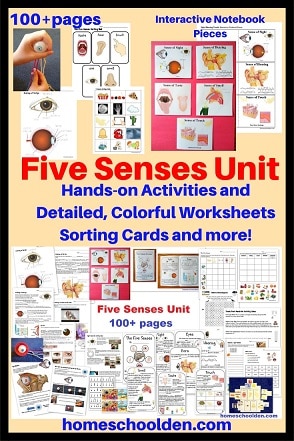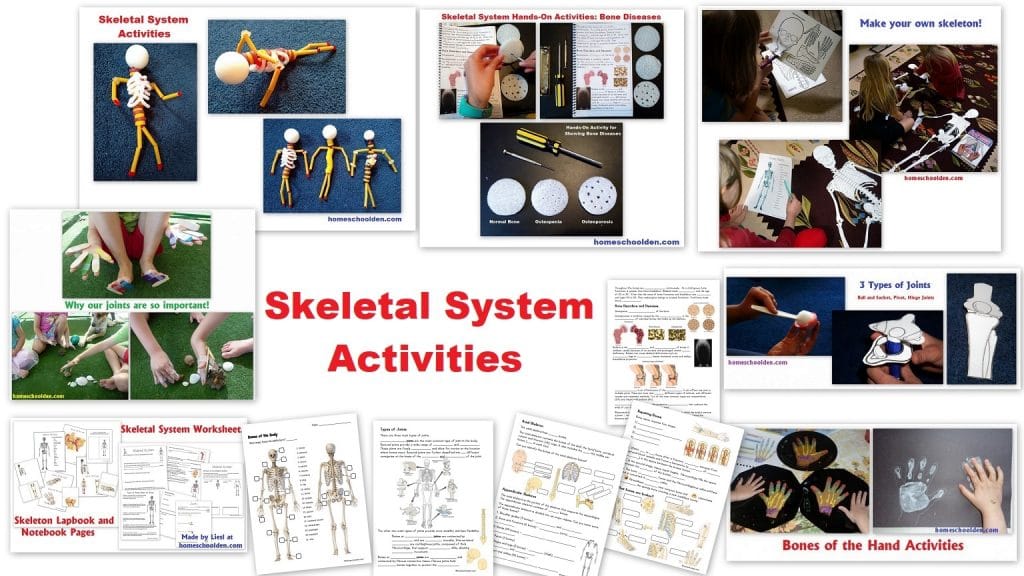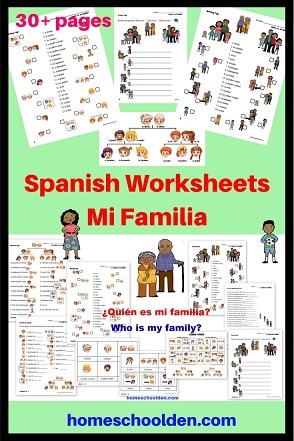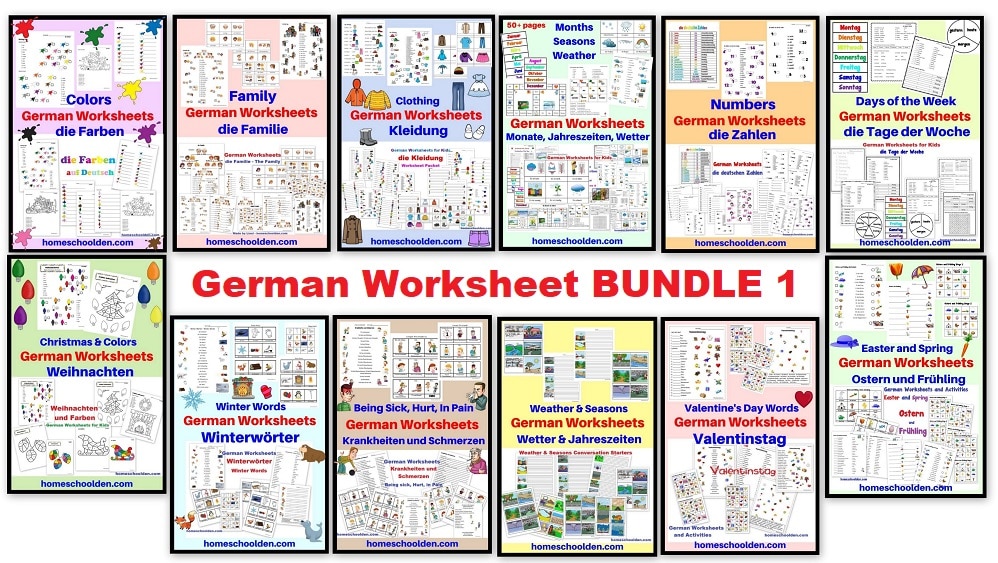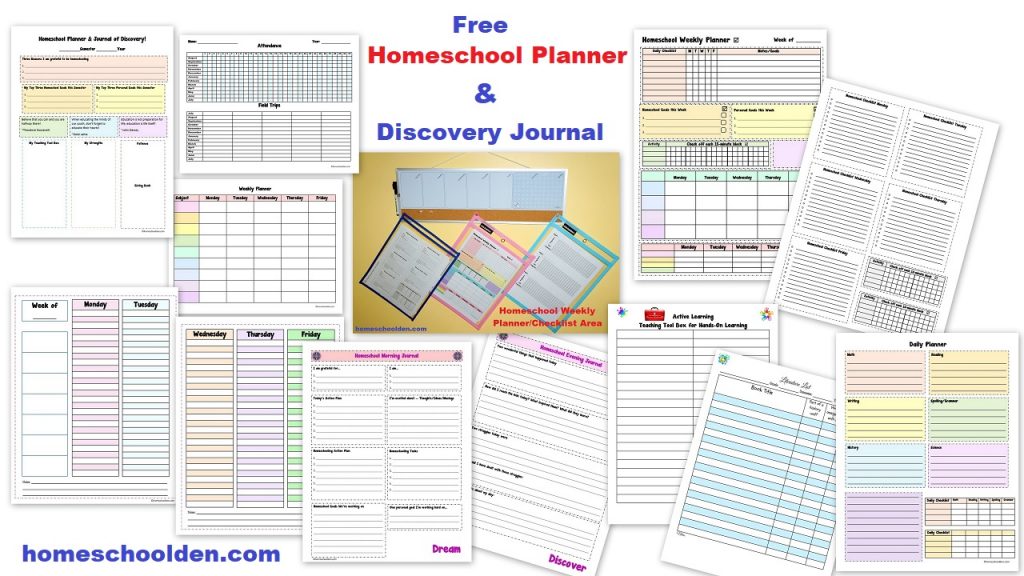10 Step to Take When Planning for a New School Year
Someone once asked me, “How do you plan for your school year?”
Here are 10 steps you can take to figure out what next year’s homeschool will look like for your family. These are some of the questions I ask myself as I try to determine what we’ll cover and what skills the kids need to develop.
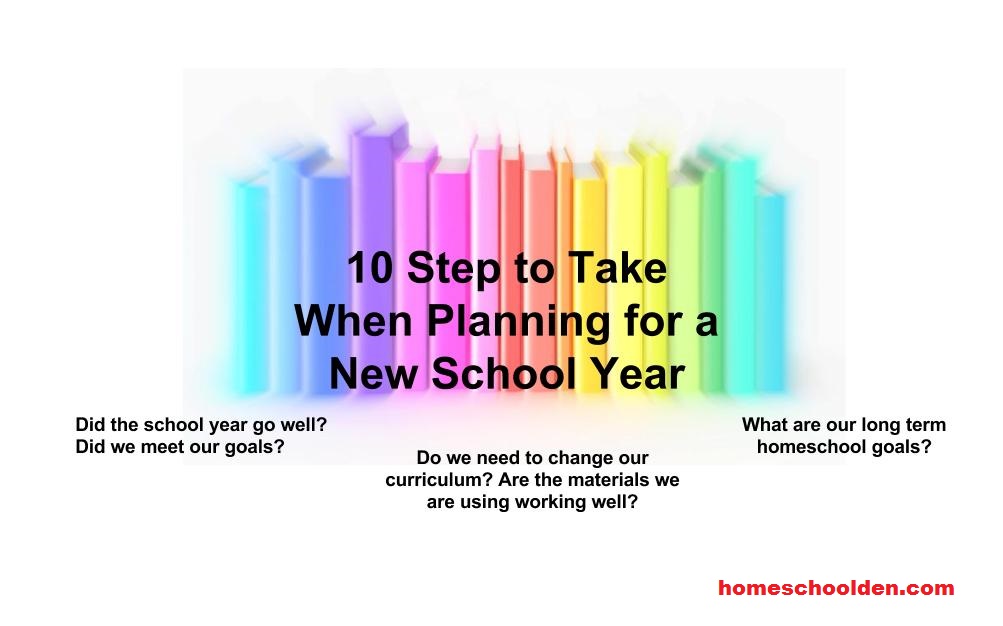
Today I’ll share the general questions I ask myself. In the coming days, I’ll share the answers as they apply to our own homeschooling path.
1) Assess where the kids are at:
What did we cover last semester/last year? Did we meet our goals? What didn’t go as well? Why?
If you’re new to homeschooling and your child is coming from a school setting you might want to assess what your child’s strengths and weaknesses are for each ‘school’ subject. Then also assess what her passions are in the broader view of life. Ask the kids what *they* want to learn this next year.
You might like this post: Was Your homeschool year a success? 20 Questions to Consider
Review some of the “older” material with the kids. Do we need to cover any units again (or go into more depth)?
As we move ahead in homeschooling (through the years, I mean), I can’t assume that the kids remember everything that we’ve covered, especially because there are more than four years between my oldest and my youngest (and we do science and history together). As I mentioned a couple of weeks ago, I spent time reviewing and going over units we covered in the past 2 to 4 years. That was revealing! For example, ED doesn’t remember much at all about our Weather Unit, so I really need to go back and explore that material with her.
2) Assess our homeschooling philosophy: Am I happy with *how* we are homeschooling? Do I need to add in other types of learning activities and learning opportunities-(like the ones in this post)?
Assess our homeschooling curriculum: Do the books we are using work well for the kids? Do I need to change anything? Are there new learning areas that the kids should cover (more essay writing, for example?)?

As many of you know, I have several homeschool checklists I have made for each of the subjects, K through 8 (elementary and middle school). I ask myself, “Do I need to add anything to these lists?” This year, for example, I added Computer Programing to my science list. I’m not sure if we’ll cover it (or when), but at least it’s on my radar.
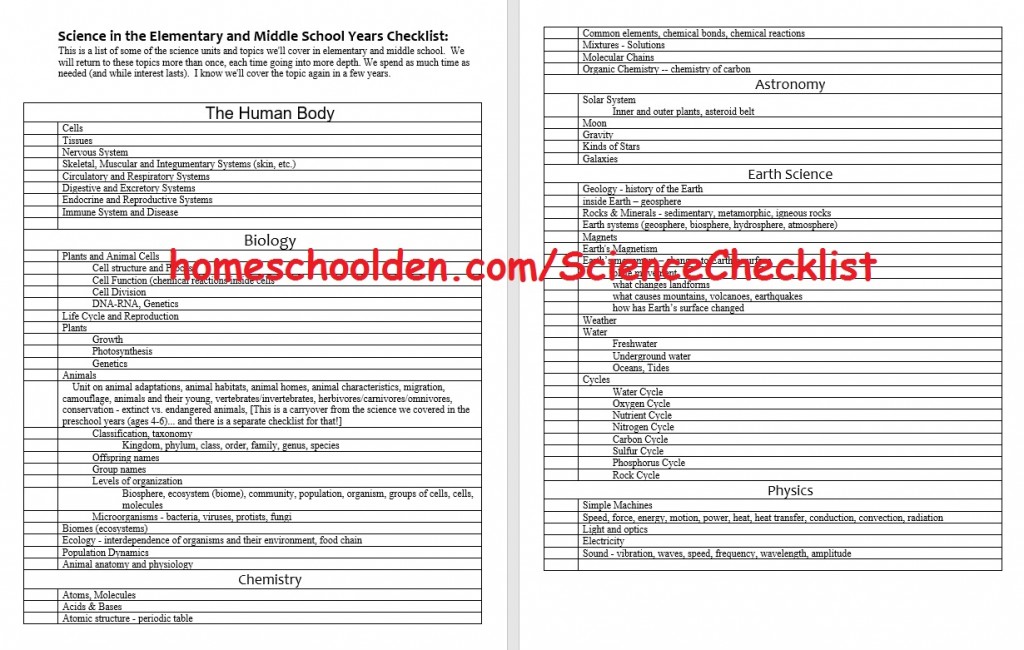
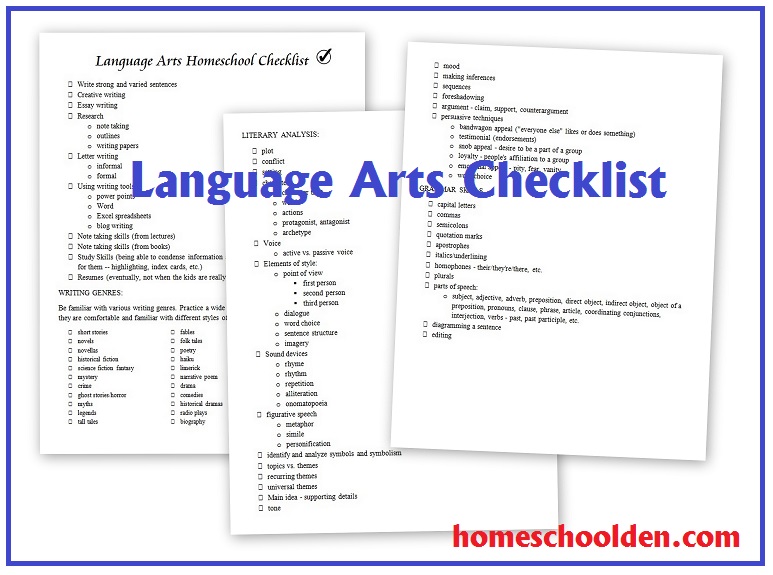
4) What are out short term goals? What do we need to do in the short-term to meet those long term goals?
What topics will I teach next semester in… science, history, language arts, art/music, foreign language… and so forth.
5) Create a master schedule to see if what you want to cover with each child is really feasible. Break it down into days of the week, subjects, and time allotted to each subject. Even if I don’t follow the schedule to a T, I like planning it out on paper to see how things will work. There’s only one of me and quite diverse needs and need me in different ways for different subjects so I need to make sure I know how everything is *really* going to work without making my life day feel chaotic.
6) What trips are we taking and how can I fit that in to make the most of that experience? And the reverse is also true, what are we studying and where can we go to complement our home studies?
This summer, for example, we are going to go out West. Because of that, we spent five or six weeks studying the history of the Navajo, Cheyenne and Sioux.
7) Evaluate homeschooling and the family balance. What are my goals? What are our family’s goals. Rank them importance and decide what the priorities are and how to achieve them.
8) Start planning out units.
We try to include a lot of hands-on activities in our homeschool. You might find the History Units and Science Units helpful as you plan out your homeschool year because you’ll find links to dozens and dozens of our hands-on activities and various printables:

10) Organization – General organization is something I do much closer to the beginning of the new semester (re-organizing our homeschool materials, creating daily checklists for the kids, planning meals etc.). Here’s a post about Organization: Keeping on Top of Things While Homeschooling.
That’s about all I can think of at the moment. I hope this is helpful as you wrap up your school year and start thinking about the next one (for those of us in the U.S., that is!!!).
Have a great day! See you again soon here or over at our Homeschool Den Facebook Page. Don’t forget to Subscribe to our Homeschool Den Newsletter! ~Liesl

